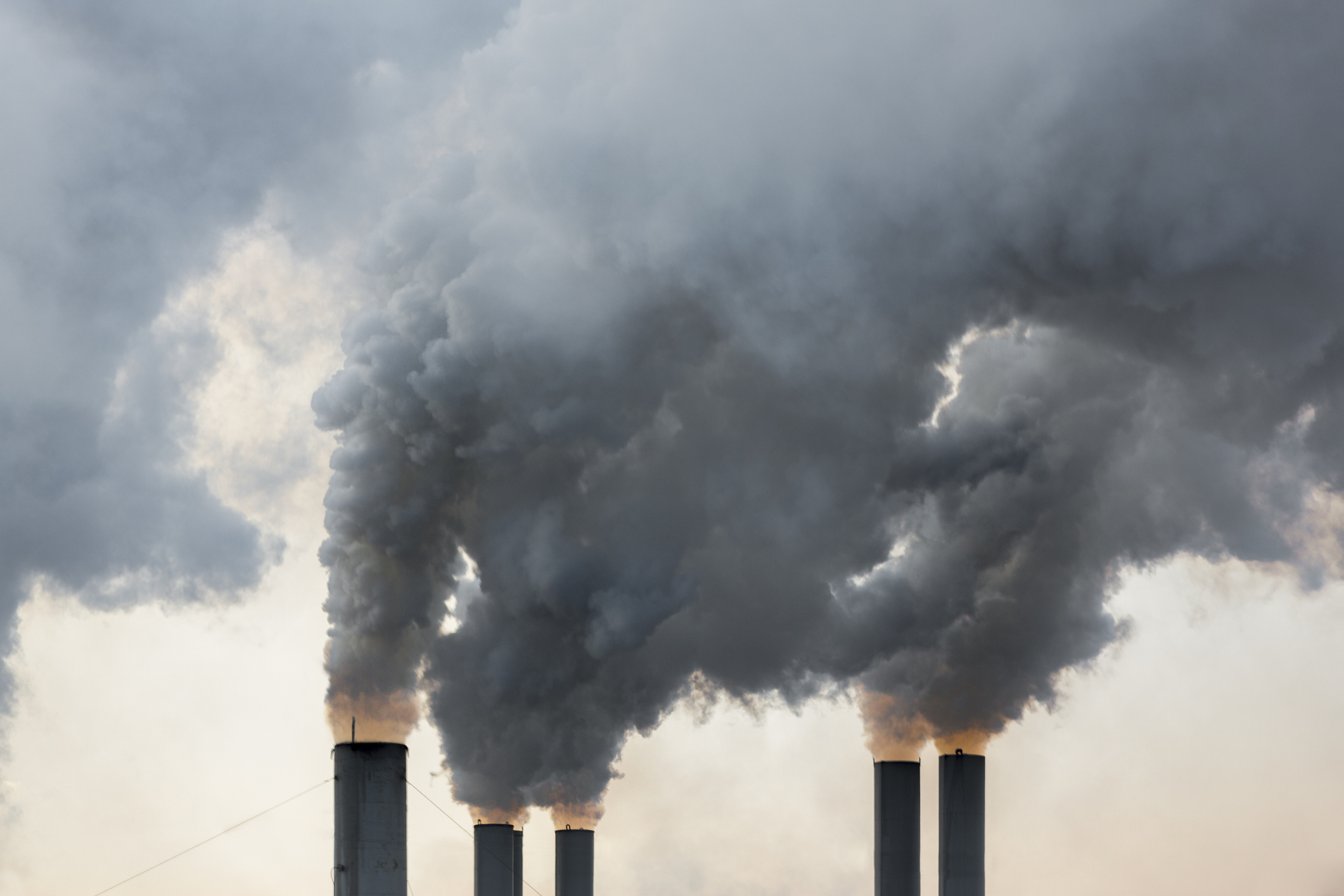Japan’s environment and industry ministries on Tuesday finalised a plan to cut greenhouse gas (GHG) emissions by 60% from 2013 levels by 2035, up from its 2030 goal of a 46% cut.
The move follows the Biden administration’s new U.S. target under the Paris climate agreement to slash GHG emissions by 61%-66% below 2005 levels by 2035, a goal officials called achievable by states even if President-elect Donald Trump reverses federal policies.
In November, Japanese ministries unveiled a draft plan aiming for a 60% GHG reduction by fiscal 2035 and 73% by 2040, based on a linear trajectory between Japan’s current target of a 46% reduction by 2030 and achieving net zero by 2050.
The proposed target sparked calls for deeper cuts from environmentalists and politicians, who argue it is insufficient for the world’s fifth-biggest carbon emitter, which remains heavily dependent on fossil fuels.
Climate activists say the target falls short of the reduction recommended by the Intergovernmental Panel on Climate Change (IPCC) to limit global warming to 1.5 degrees Celsius above pre-industrial levels. The IPCC states that global emissions must drop by 60% from 2019 levels by 2035, equivalent to a 66% cut from 2013 levels for Japan.
Despite strong criticism, a joint meeting of expert panels from the two ministries approved the draft climate target, which emphasises the importance of balancing economic growth, energy security and decarbonisation efforts.
Several panel members argued the target was too low for a developed country and insufficient to meet global expectations, but the goal was ultimately left unchanged.
As a part of the international process to combat global warming, Japan plans to submit the revised target, known as a Nationally Determined Contribution (NDC), to the United Nations in February, following a public consultation.
The NDC is designed to align with Japan’s revised basic energy plan and its “Green Transformation (GX) 2040 vision,” a national strategy integrating decarbonisation and industrial policy, both currently under consideration.
Under the Paris agreement, nations must deliver new and stronger climate action plans to the U.N. Framework Convention on Climate Change by February. The NDCs must align with the global goal of limiting temperature rises to 1.5C.
(Reuters)














